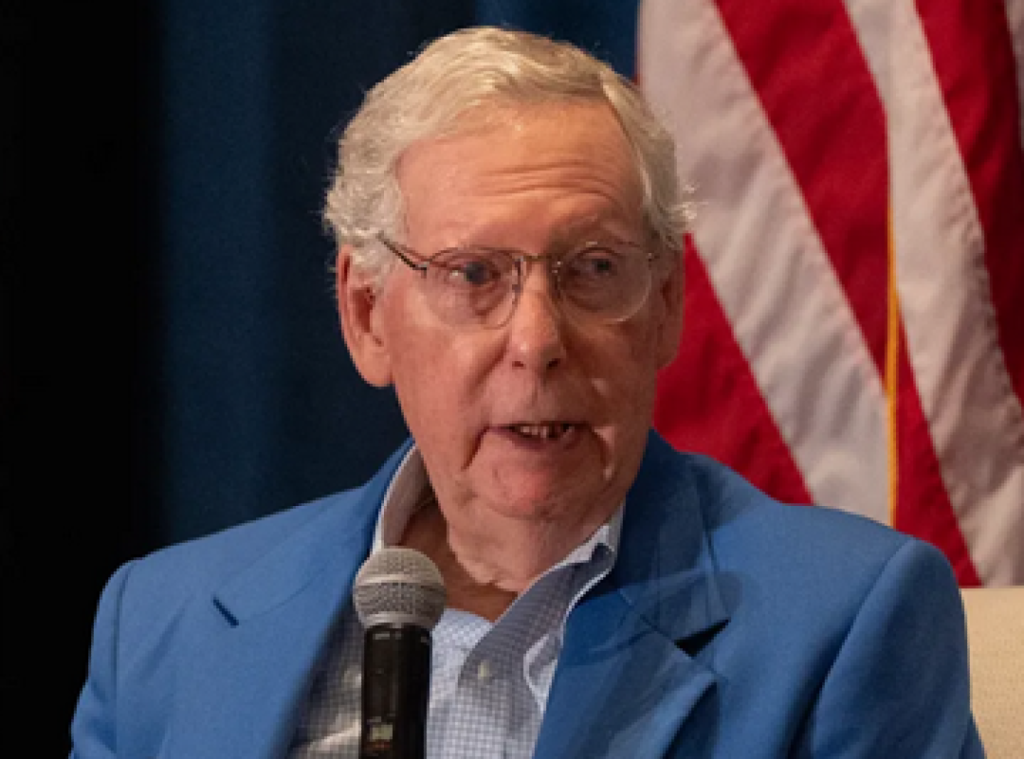McConnell: Demise of Chevron Doctrine His ‘Most Consequential’ Achievement
Chevron required judges to defer to agencies like the FCC in interpreting ambiguous laws.
Ari Bertenthal

WASHINGTON, Oct. 25, 2024 – Senate Republican Leader Mitch McConnell of Kentucky has identified a recent major administrative law decision by the Supreme Court as his "most consequential" accomplishment over a 40-year Senate career.
McConnell was referring to the demise of the Chevron Doctrine, a judicial canon that required courts to defer to an agency like the Federal Communications Commission in interpreting ambiguous federal statutes.
Now, based on the high court’s decision in Loper Bright Enterprises v. Raimondo, the FCC would need to have the best reading of the law or it will fail in defending its regulations.
“I would say that’s far and away the most important, most consequential thing I’ve done during my time as leader," McConnell said Tuesday at a Bowling Green, Kentucky, Chamber of Commerce event. “This court has completely reversed [Chevron deference]."
McConnell became Republican leader in 2007.
The decision in Loper Bright altered the landscape of administrative law likely in ways that are expected to play out over many years. In the 6-2 Loper Bright majority were Justices Neil Gorsuch, Brett M. Kavanaugh, and Amy Coney Barrett – three justices appointed by President Donald Trump that McConnell was instrumental in placing on the high court
Kavanaugh recently explained the rationale for voiding Chevron deference.
"What we did in Loper Bright – in the Chief Justice's opinion – was, I think, a course correction, consistent with the separation of powers to make sure the executive branch is acting within the authorization granted to it by Congress," Kavanaugh said.
Kavanaugh also noted the importance of not over reading the Loper Bright case because Congress could still grant broad authorization to the FCC and other agencies.
FCC Chairwoman Jessica Rosenworcel noted the change in the regulatory environment in comments last month to the Berkeley Law AI Institute.
“The Supreme Court has recently stepped back from the Chevron deference which … put a thumb on the scale in favor of regulatory interpretations on ambiguous laws. That is no longer the case," she said.











Member discussion